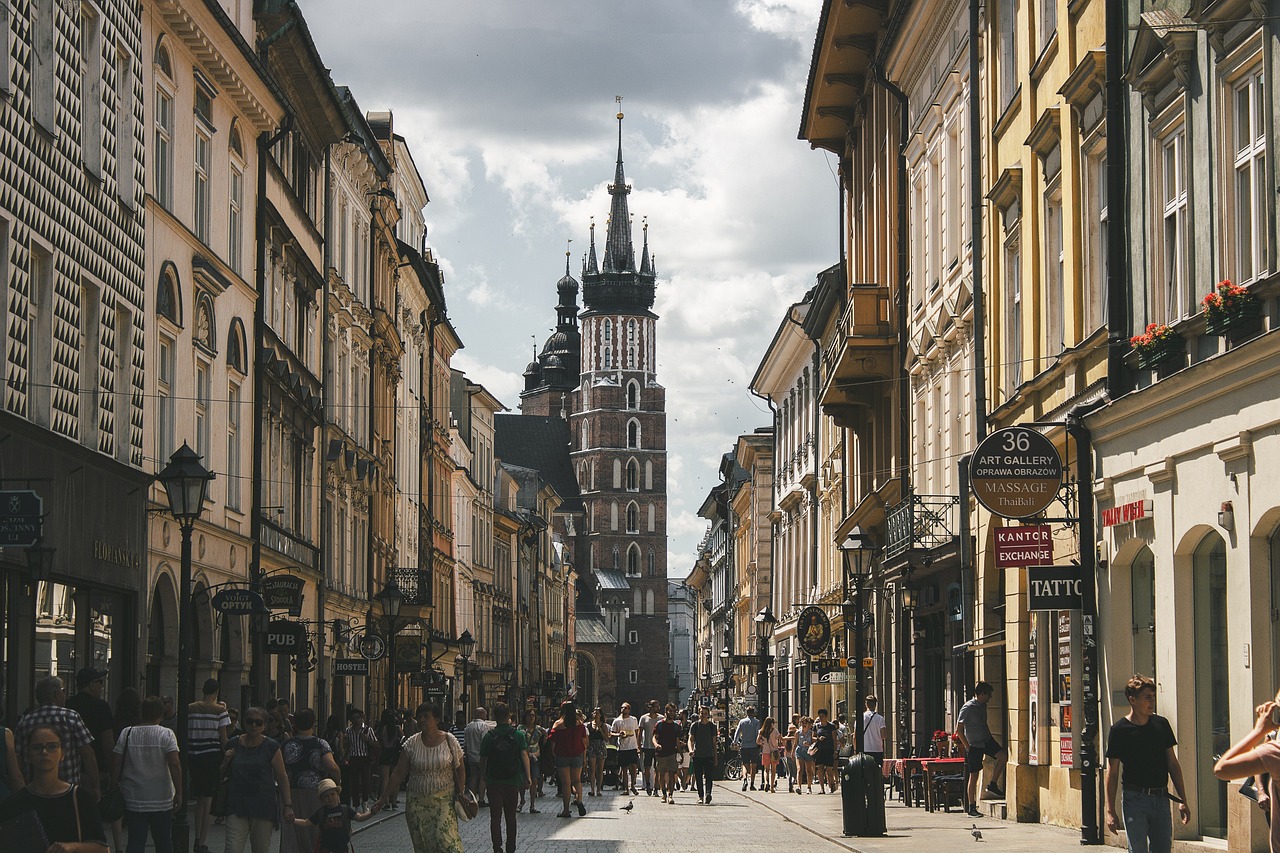Europe is historically a land of migration, with flows that have shaped the history, culture and economy of the continent but which must inevitably be regulated.
In recent decades, immigration in Europe has taken on unprecedented dimensions and complexity, giving rise to heated debates and conflicting opinions. In this context, the conservative vision on immigration has assumed a significant role, reflecting the concerns and priorities of an important segment of European society.
The conservative vision on immigration in Europe has its roots in several sources, including the defence of national sovereignty, the safeguarding of cultural identity and the maintenance of public order and social cohesion. These traditional values have found fertile ground in a context of rapid demographic and social transformation, accommodating concerns regarding the ability of immigrants to integrate and the impacts on the economy and social well-being. The recent wave of migration to Europe, largely triggered by conflict, political instability and poverty in the Middle East, Africa and other regions, has raised a number of challenges and controversies. European conservatives have often criticized the migrant-welcoming policies adopted by many European governments, arguing that such policies have contributed to an increase in illegal immigration, crime and insecurity.
In many European countries, the debate on immigration has also been fuelled by issues related to cultural and religious integration. Conservatives have raised concerns about the ability of immigrants to adopt the values and norms of the host society, fearing the formation of cultural enclaves that could undermine social cohesion and foster radicalism. Conservative positions on immigration in Europe vary from country to country, but there are some common lines that emerge from the policies and proposals also coming from parties of different nature. Some European governments, of all factions, increasingly tend to support rigorous border control policies in order to limit illegal immigration and regulate migratory flows in order to guarantee national security and the integrity of the welfare system clearly adopting policies defined as conservative but which can now be defined simply as pragmatic and effective.
Conservative European policy supports selective integration practices that favour the immigration of individuals with skills and qualifications required by the national labour market, while limiting the entry of those who could represent a burden on the social system and internal security. It remains fundamental for every state affected by immigration to emphasize the importance of promoting national values and cultural identity, supporting policies that favour the assimilation of immigrants into the host society and promoting knowledge of the national language and history. Many conservatives believe that solving the root causes of immigration requires close international cooperation, through development assistance, preventive diplomacy and stabilization of regions affected by conflict and instability.
The issue of immigration will continue to be at the centre of political debate in Europe in the coming years, with challenges and opportunities that will require innovative solutions and responsible leadership. European governments will be called upon to find a balance between the protection of traditional values and the need to address global challenges in an increasingly interconnected and rapidly evolving world. The fate of Europe will to a large extent be determined by its ability to address the challenges of immigration in a constructive and inclusive way, respecting the fundamental principles of humanity, solidarity and respect for human rights. Only through a shared and multilateral approach will it be possible to guarantee a sustainable and prosperous future for Europe and the world as a whole. The vision of European conservatives, represented by governments such as, for example, the Italian one, is proving to be pioneering and decisive, especially in a phase, like the current one, which is very demanding and unquestionably complex to manage, due to the difficult international geopolitical situation involving the Eastern Europe and the Middle East.
